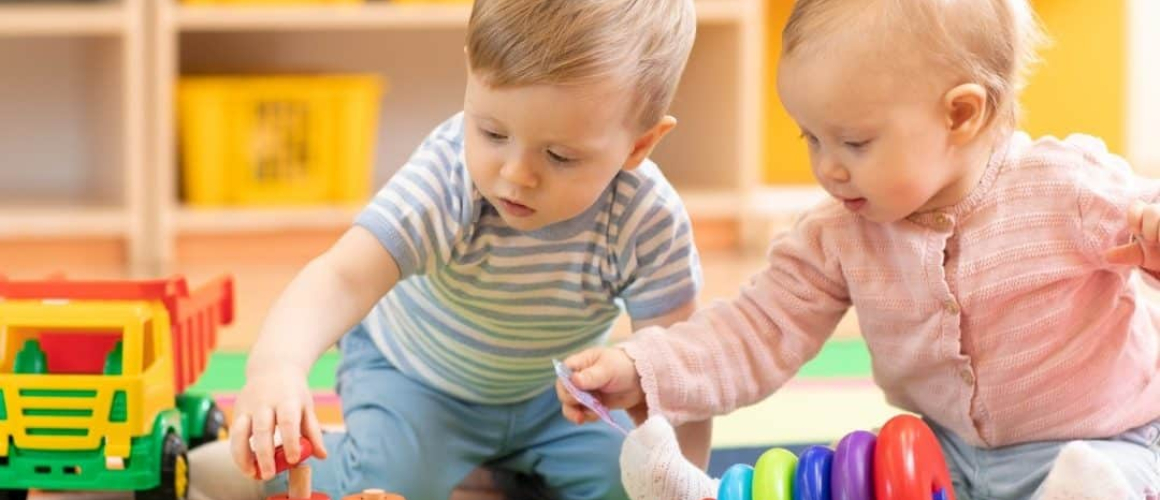As parents, you know that it’s important for your child to develop a deep love of learning, as this will serve them well throughout their life. The question becomes, how do you help them develop this love? In today’s post, we’ll take a look at some easy-to-implement actions that you can take to help your child establish a lifelong love of learning.
At Growing Room in Ft. Myers, we strive to provide excellent preschool education opportunities for your children. Whether your child is still an infant, or you are looking to place your child in a preschool education program immediately, we can help. Contact us today to learn more and schedule a free tour of our child development center!
Surround Your Child With Books
One of the many recommendations given to expecting parents is to spend some time reading to their baby while it is still in the womb. Once your baby is born, it is important to continue to spend time reading to them so that by the time they are preschoolers, they will have developed a deep love for books from being read to and express an interest in learning to read on their own. Reading to your child helps to awaken a curiosity within them that will serve them well throughout their life.
Encourage Different Types of Play
As you may know, young children learn through play, which is why it’s so important to make sure that you actively encourage different types of play. There are six types of childhood play, including:
Unoccupied Play
With unoccupied play, typically you’ll see your child sitting somewhere and observing their feet or toes or another object. Your child may not look like they’re playing, but they are very busy taking in the world around them.
Solitary Play
Solitary play is a type of play that happens when your child is so focused on what they’re doing that they don’t notice anyone or anything around them. Your child could spend time quietly looking at the pages in a book or playing with their favorite stuffy. Solitary play is important in helping your child learn how to be self-sufficient.
Observation Play
Sometimes, when children are engaged in observation play, their parents can become concerned about their social skills. The good news is that this is a specific type of play and actually an important step towards participating with a group.
Parallel Play
If you were to observe any preschool classroom during play time, you’d probably notice many children engaged in parallel play. Parallel play happens when children play beside each other but not with each other. This type of play is how they learn to take turns, pay attention to others, and even mimic behaviors.
Associative Play
The next step after parallel play is associative play. This type of play looks similar, but the difference is that your child will interact with others in an uncoordinated way. You may see two or more children sitting next to each other as they play with the same toys, such as building two separate items in tandem.
Cooperative Play
The last stage of play is cooperative play, which is a type of interaction they’ll use the rest of their lives. Playing together as a group becomes much more fun, as it utilizes their socialization and communication skills and helps them to further develop their ability to problem-solve.
At Growing Room in Ft. Myers, we are privileged to work with your child as they grow, learn, and play. Our preschool education program is designed to help them have fun while learning so that they can be successful in their social and academic experiences. To learn more or schedule a free tour of our facilities, please contact us today. We look forward to meeting you and your child!

